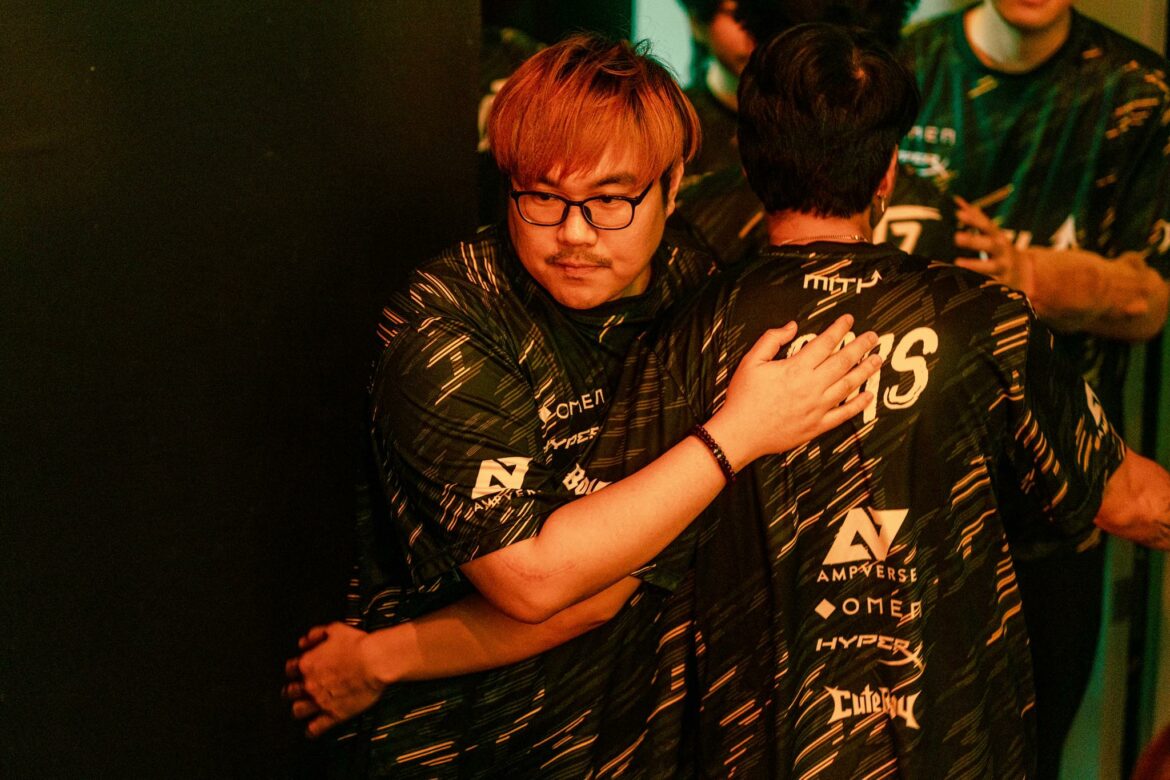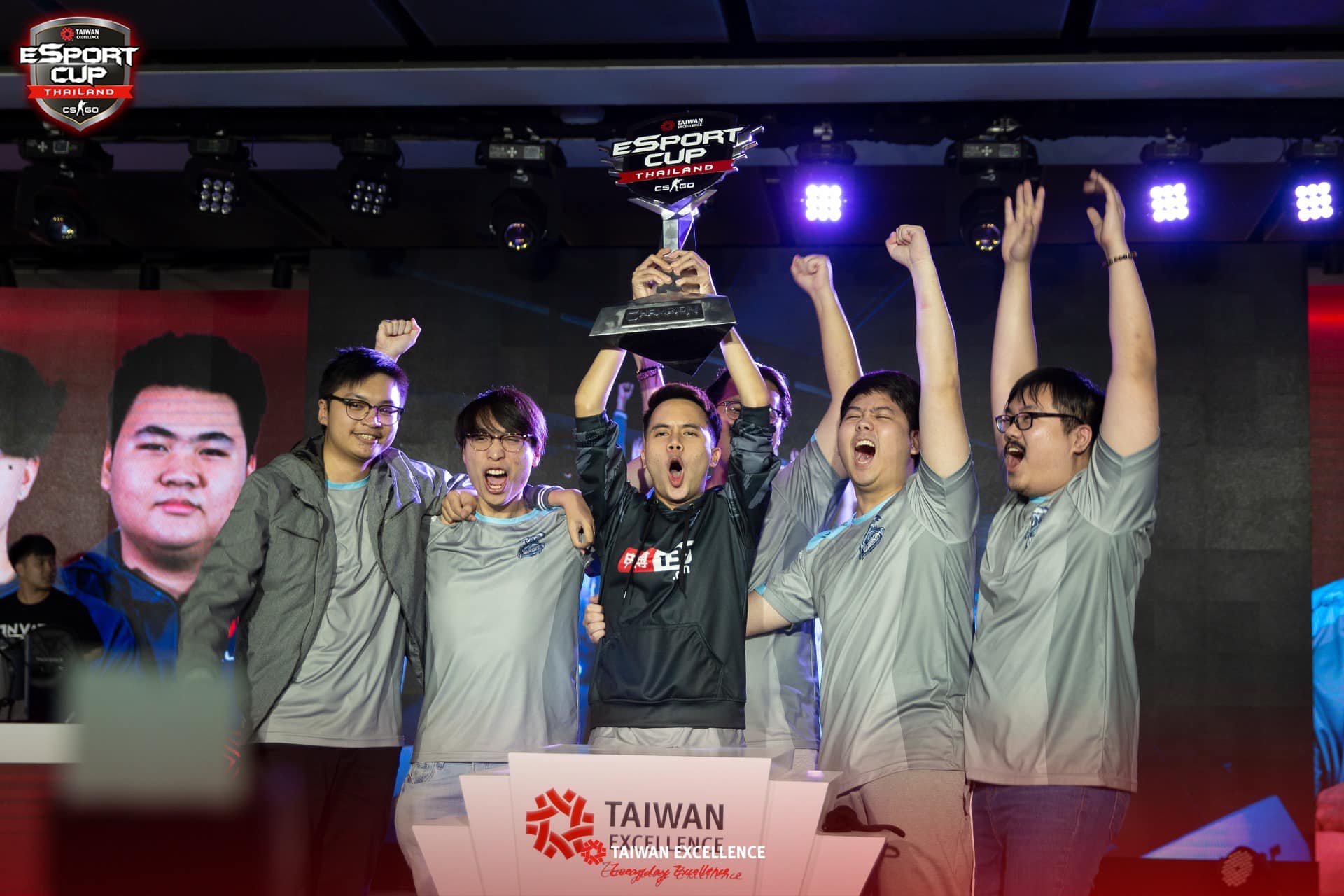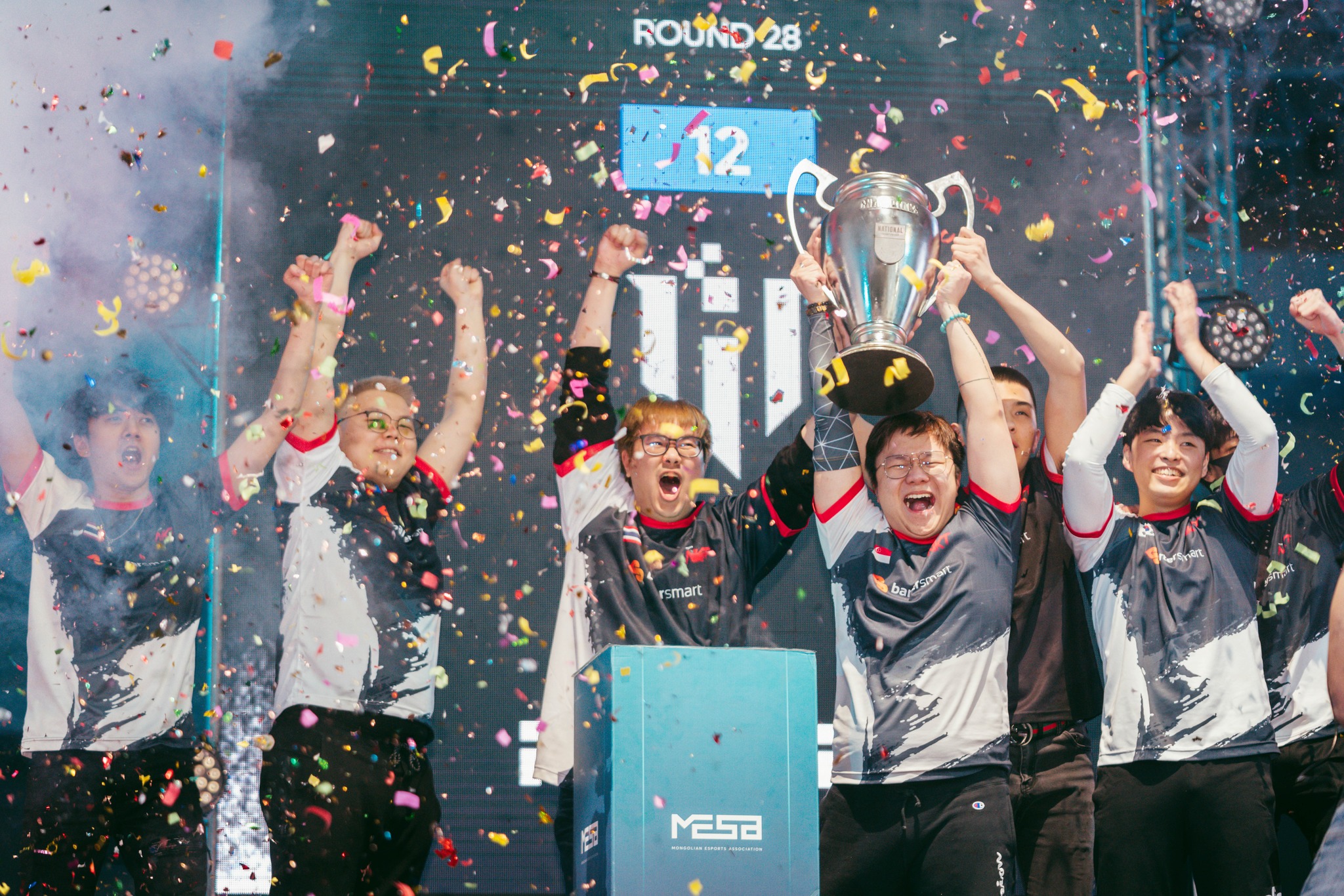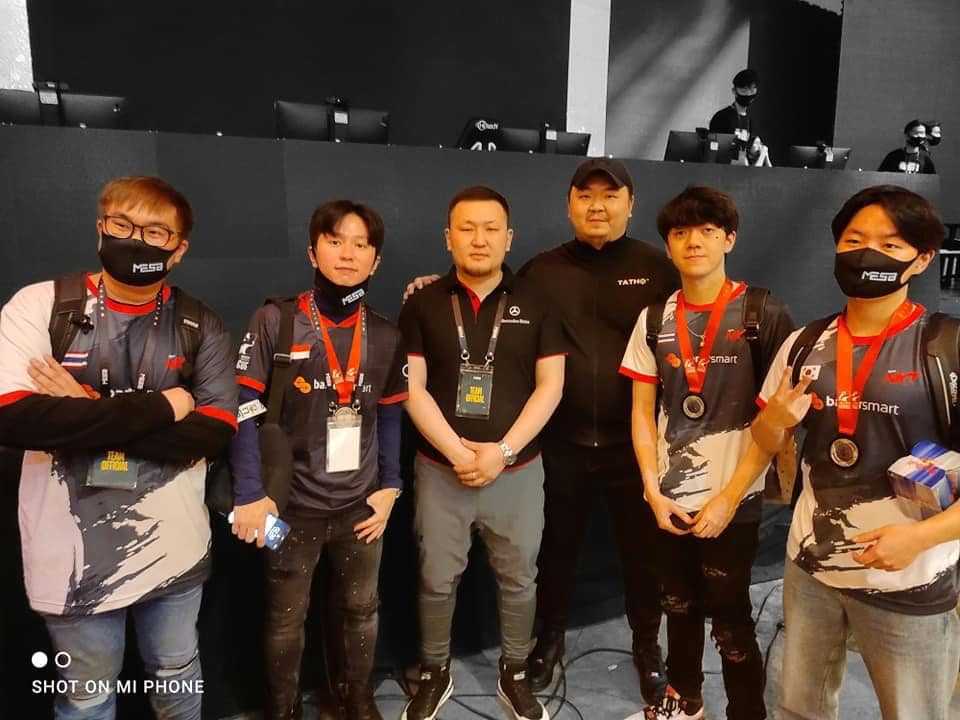We had the opportunity to chat with one of Thailand’s top FPS coaches, Piyangoon “MYM” Kitisin, covering everything from his beginnings in VALORANT to the recent disbandment of MiTH and what lies ahead.
THAILAND – When you think about VALORANT, it’s hard to ignore how many players have jumped from other FPS games like PUBG, Overwatch, and especially Counter-Strike. That has been the case in Thailand too, where Piyangoon “MYM” Kitisin made the move into VALORANT after coaching some of the country’s best teams, like Lucid Dream and Made in Thailand, plus international squads like Big Time Regal Gaming and Team NKT.
It’s a familiar story for many who have found a new home in VALORANT after years of experience in other FPS games.
During his time coaching in Counter-Strike, MYM had the chance to work with some of APAC’s most talented players, like Kevin “xccurate” Susanto, Kim “Lakia” Jong-min, Kititkawin “PTC” Rattanasukol, Chanawin “JohnOlsen” Nakchain, Patiphan “CGRS” Posri, and more. The 30-year-old helped shape the careers of those familiar names to our ears who would go on to represent the region in the international VALORANT stage these past years.
ALSO READ: Interview with Head of VCT CN Eric Feng at VALORANT Radiant Asia Invitational
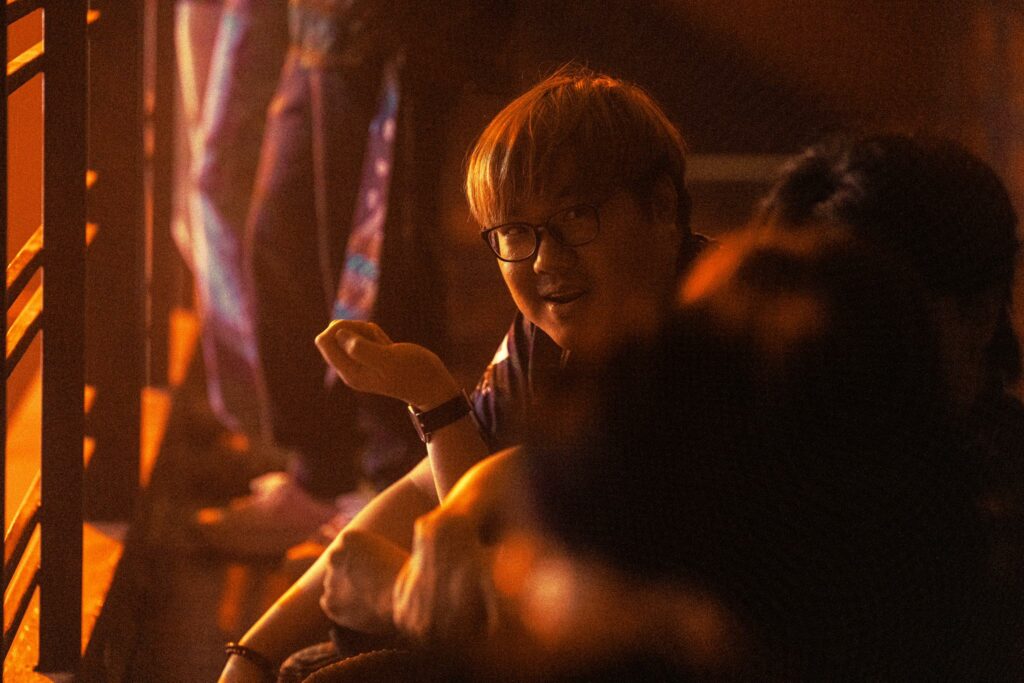
But after almost a decade in Valve’s first-person shooter, MYM started to feel like it was time for something different. He saw a greener side of the grass in VALORANT—one where he could apply all the experience he had gathered over the years and channel it into something new and a scene that is way more alive than Counter-Strike in APAC.
“The reason I’m still in the esports scene is that, in my country, there is a lack of experienced coaches who can lead teams to the international stage, especially in 5v5 FPS games. It’s tough for me to walk away from all the knowledge and experience I’ve accumulated in the esports scene over the last 8 years without doing anything.”
“I was at a crossroads when I got an offer from CRIT Esports where my old teammate, Krit “Kntz” Chaiprasit, asked me to coach the team. And that was what really pushed me to enter the VALORANT scene.”
Making the switch from Counter-Strike to VALORANT is something that a lot of coaches have done, and they have found success in the process. Coaches like Alexandre “alecks” Sallé, Chetan “Chet” Singh, Seon-ho “termi” Pyeon, and Daniel “fRoD” Montaner are just a few examples of veterans who have made the leap and have led their teams to the highest levels of competition.
“VALORANT and CS definitely have different focuses, especially with the agent abilities in VALORANT. But at the end of the day, it’s all about understanding the meta and how the agents work in the game.”
At the end of the day, both Counter-Strike and VALORANT are 5v5 tactical FPS games, and chatting with MYM really drove home how the core fundamentals of FPS can seamlessly translate from one to the other.
Sure, VALORANT introduces new mechanics with agent abilities and tactics, but those core principles are still there and can definitely be learned. What’s trickier to teach, however, is the composure needed when playing as a team, especially on LAN. The live competition environment—feeling the intensity of the crowd, hearing the chants and trash talk, with thousands of eyes on you—demands a different kind of mental toughness. It takes a special player to thrive under that kind of pressure, and that’s where experience really counts.
Not everyone can thrive under that kind of pressure, and that is what MYM brings to the table. “What I bring from CS is discipline in gameplay, especially when you are in a man-advantage situation. How you handle those moments is key, and that is what I try to instill in the new generation.
At the end of the day, even though VALORANT has more focus points than CS, it is still a 5v5 FPS that relies on skill. As we all know, VALORANT is a game for the new generation, which is why discipline and teamwork are so important to help these young players reach their full potential.”
Not long after his time with CRIT Esports, Kntz and MYM found their way back to Made in Thailand, an organization they both represented in Counter-Strike years ago. Expectations were high for the 2024 season—it was supposed to be MiTH’s breakout year, the one where they would finally make a mark on the international scene.
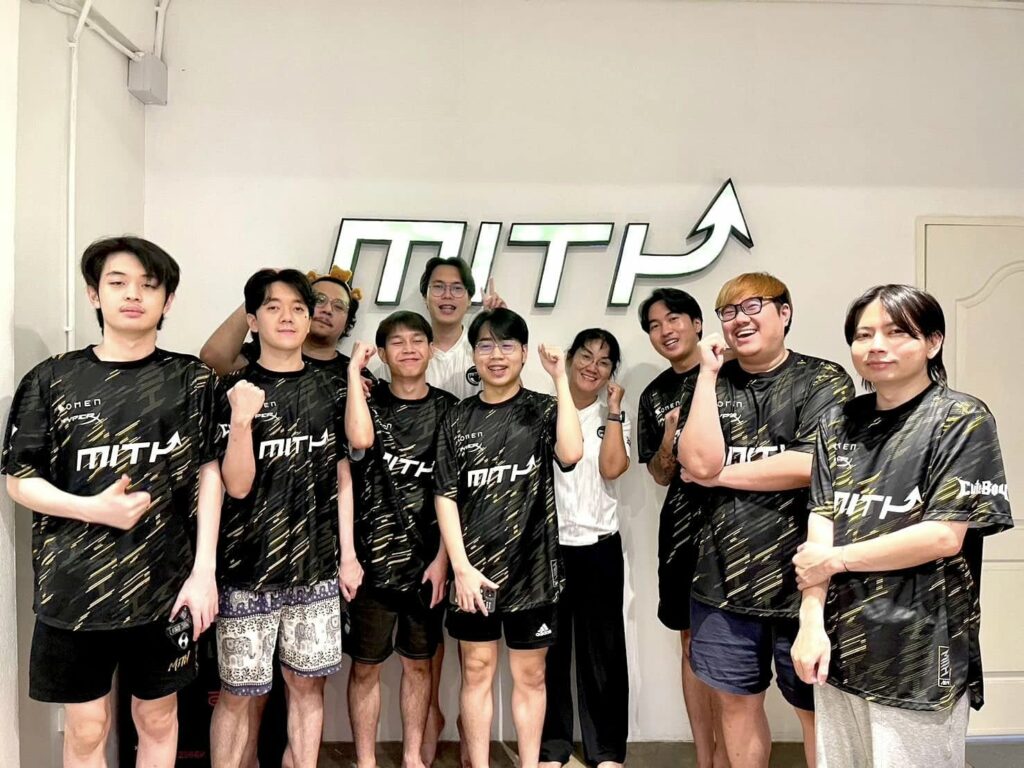
Made in Thailand and MYM kicked things off strong to the season, finishing second in VALORANT Challengers Thailand Split 1, then went on to claim the title in Split 2. But as the story often goes, their journey took a turn they were all too familiar with. Once again, they met FULL SENSE in the grand finals, this time in the Ascension Qualifier Series, but lost. It was a bitter ending to what could have been their moment to shine.
“I think at that time, we just were not ready to win, and FULL SENSE’s overall performance was better than ours. So, I believe FULL SENSE truly deserved that spot to represent our country. In terms of selecting the best teams, Split 2 being an online competition and ASQ being offline makes sense, as it gives us the strongest team to represent Thailand.”
But in esports, there is always another shot, another stage to prove yourself—and that’s exactly what MiTH found with the SOOP VALORANT League. It gave them a chance to qualify for the main event in Seoul, and they grabbed that opportunity with both hands.
MiTH earned their ticket to Seoul and quickly made a name for themselves, kicking things off with a 2-1 victory over domestic rivals from VCT Pacific, TALON Esports. Then, in what was nothing short of a miracle, they pulled off a huge upset against the reigning SVL champions, Sentinels 2-1. Their momentum carried them far, but they eventually fell short in a 1-2 loss to NRG Esports.
No one, not even MiTH themselves, could have predicted this kind of result. They were a tier-two team that had not made it to Ascension, yet here they were, taking down top-tier teams from both the Pacific and Americas regions in one of the most shocking performances of the year.
“Of course, we did not expect this long of a run. Honestly, we just put all our effort and focus into TALON because they were our first match, and we knew we were the underdog team. That is the strategy we used for the SOOP VALORANT League event.
As for Sentinels, we did a lot of prep before the match. NA teams always have a unique playstyle, and we were able to catch onto that, which helped us counter them a bit. In the end, how we beat them was simple: we just focused on taking it round by round, did not overthink, and focused on adjusting to the situation right in front of us.”
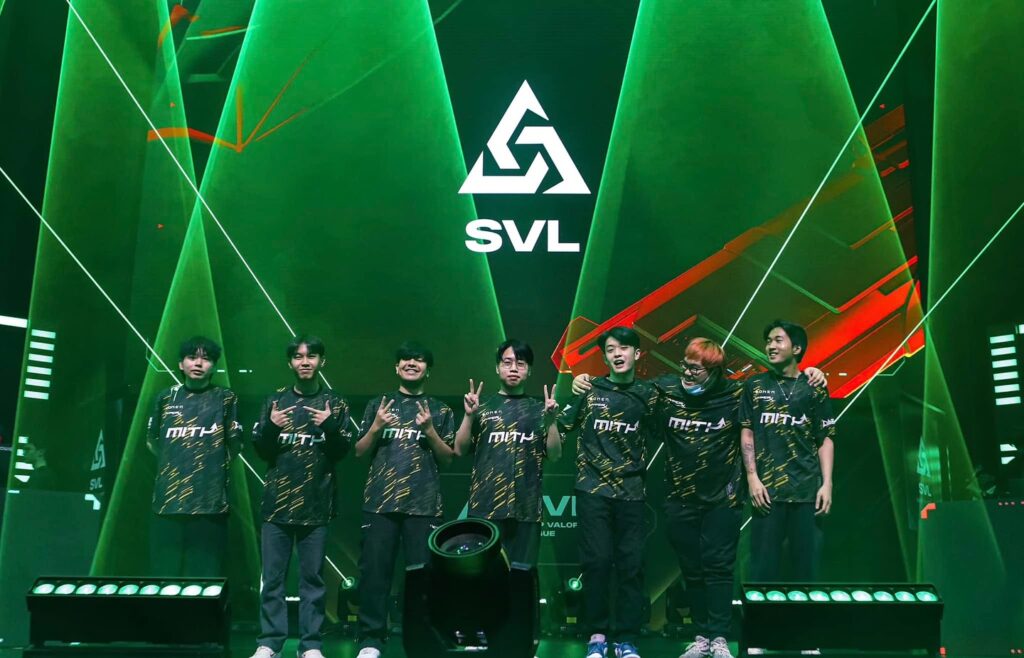
It also brought up an interesting point about how VALORANT has started to feel even more unpredictable than other FPS like Counter-Strike, where the difference between the top and bottom teams used to be a lot more obvious. In VALORANT, the gap is not as clear-cut anymore. On any given day, any team in the VCT for example can come out on top—especially if you go in underestimating your opponent or do not put in the prep work.
“In my opinion, the gap between T1 and T2 is not as big as people think. As I mentioned earlier, VALORANT is a game for the younger generation with great aim, mixed with older players who bring more experience. Combining those two elements makes the gap between T1 and T2 much smaller than it used to be.”
Flying back from Seoul to Bangkok, MiTH’s name is more known than ever, from being just another tier-two team in SEA and Thailand to becoming one of the teams people should learn about to improve, the team that tier-one teams should look into their VODs to beat TALON, Sentinels, and even also NRG Esports.
Finishing the SOOP VALORANT League as semi-finalists and then finishing runners-up in VALORANT Challengers SEA Split 3 made MiTH one of the top teams in the whole tier-two SEA throughout the OFF//SEASON and heading into the new 2025 season. But that optimism did not last long. Just weeks before their first match, MiTH pulled out of their VALORANT operations and disbanded their team.
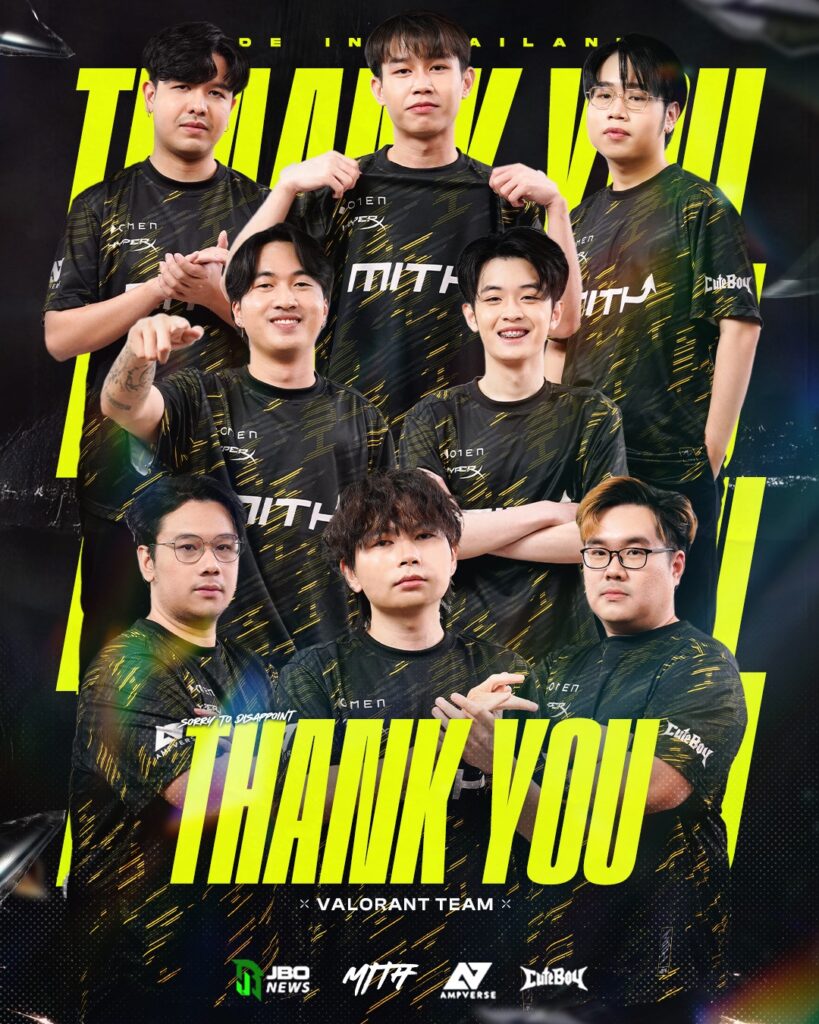
“That day was when I had arranged for everyone on the team to return to bootcamp for the first day of practice after the New Year’s break. Of course, none of us expected MiTH to stop the VALORANT project, and we were really shocked by the team’s disbandment, especially since we did not get any advance notice from MiTH.
When we got back to bootcamp, we all thought that with everything we had worked on together last year, we would be able to continue into 2025.”
One major issue was the exclusivity rights tied to the SOOP platform, which prevented content creators from streaming games on other platforms. This limitation seriously restricted exposure, especially in a platform that many people in Southeast Asia, including Thailand, are still unfamiliar with. The lack of visibility made it harder for teams to grow their fanbase and reach new audiences, which led to organizations such as MiTH and DSG pulling out despite being undeniably the two best teams in SEA in the OFF//SEASON.
Alongside that, there has been some uncertainty around parts of the circuit, leaving teams unsure about the future. However, just this week, things started to clear up. It was announced that the qualification system would return, with regional qualifiers leading to the SEA stage. This gives teams a glimmer of hope for the future, and in a way, it feels like MYM’s message about the tier-two scene is coming to fruition faster than anyone expected—even before this post was published.
“Right now, our scene, especially tier-two, is in decline as many organizations are withdrawing their investments. The only advice I can give is that if you still want to play and compete in tier-two VALORANT, try to participate in as many Riot tournaments as possible to give yourself a better chance in the future.
I still have faith that Riot will recognize this problem and fix it in the near future.”
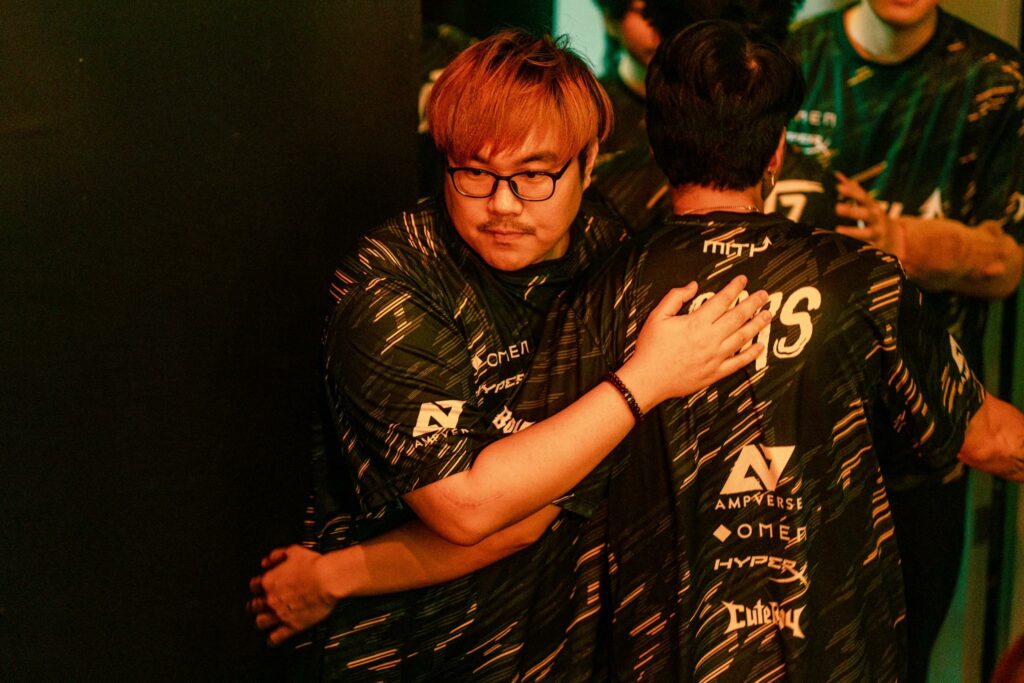
MYM’s name has always come up when people talk about the most respected coaches in the Thai FPS scene. But what sets him apart isn’t just his work with local talent—he’s also helped shape the careers of international players who’ve gone on to make their mark in CS Majors, VALORANT Masters, and even win the latter title last year in Shanghai. Being a coach isn’t a one-size-fits-all role. Some teams expect their coach to focus purely on strategies, while others look for someone to be a father figure, someone to ground and support the players emotionally.
“I was just a lucky guy to have the opportunity to join some top teams. But the reason I’ve stayed on top is that I know how to build a team and handle any problems, both inside and outside the game.
You know, most teams always face internal issues, but no one tries to solve them. Many coaches focus only on in-game theories, and working like that doesn’t allow you to build a strong team. In the end, if you can’t balance between in-game and out-of-game matters, you end up ruining your team from within.”
Looking at the bigger picture, there is something really exciting on the horizon for the Thai VALORANT community. With the VALORANT Masters Bangkok event coming up next month, it is the perfect moment for fans to come together and celebrate the growth of the scene. This will be the first international VCT event taking place in Southeast Asia, and it’s set to be a major milestone for the region after hosting Ascension in 2023.
“I am very happy and proud that Thailand has the opportunity to host one of the most important events for VALORANT. It is a great chance to represent my country and show the world that we not only have the ability to compete but also to organize and host competitions.”
With that being said, MYM has parted ways with MiTH, but when we asked what this means for his career, he made it clear—he is not done with VALORANT or esports. Remember what he told us earlier? There is still a shortage of experienced coaches who can guide teams to the international stage, and that is exactly where he plans to make his next move.
“I still have hope for VALORANT, especially after the work I did with MiTH last year. I believe that with my experiences and everything I have learned along the way, my 8 years of coaching will help me lead my future team to the international stage. So, if any team is interested in my experience, feel free to contact me directly.”
For more insights on the Asian VALORANT scene and upcoming content like this, be sure to like and follow VALO2ASIA on Facebook, Twitter & Instagram.

